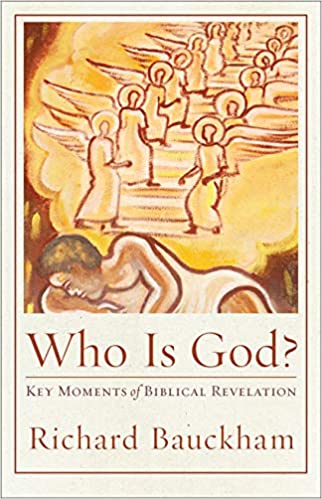BEN: Let’s talk for a moment about a subject you indirectly bring up on pp. 50ff. I am referring to the early Jewish Christian use of marana tha. Do you think this was prayer language invoking Jesus to come (a second time), or was it more like ‘Immanuel’ ‘our lord has come’? RICHARD: I think it is a prayer to Jesus to come, and it is echoed at the end of Revelation in Greek: “Come, Lord Jesus” (22:20). BEN: I... Read more









